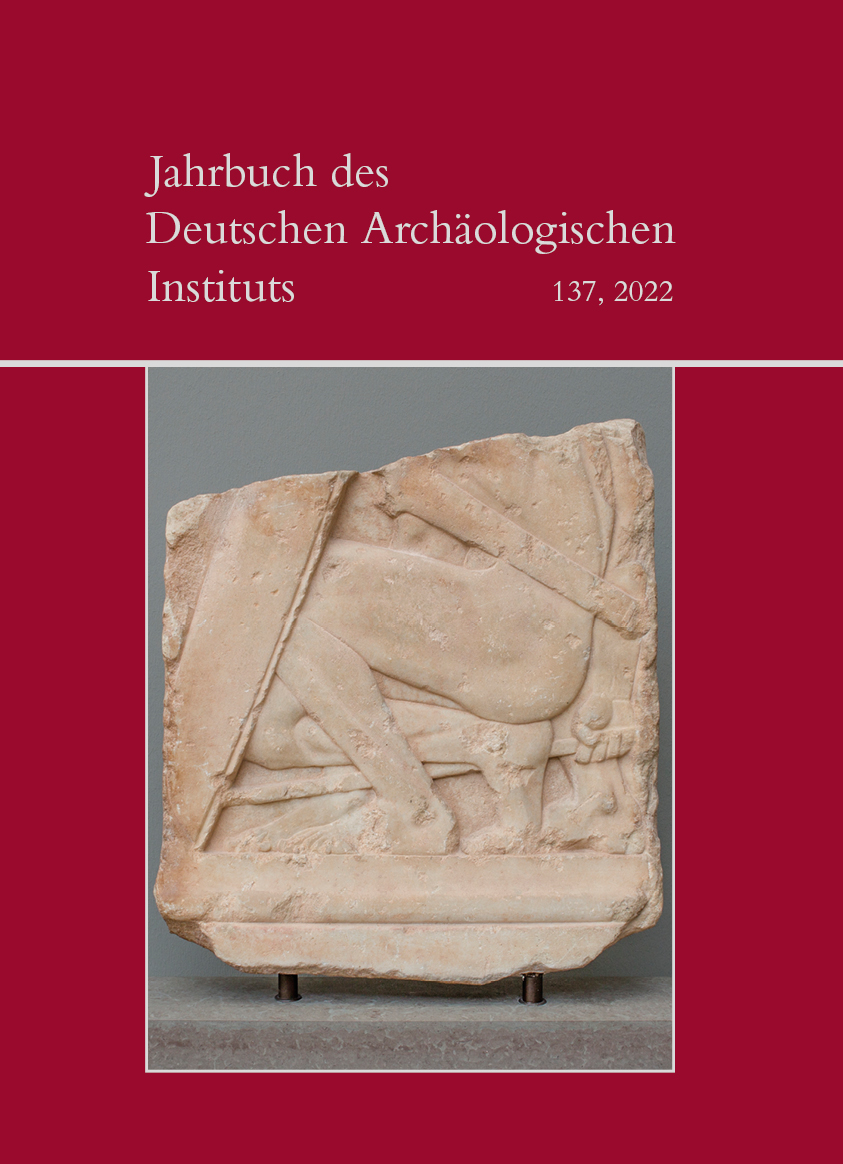Johann Friedrich Cotta’s ›Paper Museum‹, an Introduction. The Formation of the Collection, Its Publication and the Vases It Illustrates
With a Note on the Sicilian Comic Vase Drawing, CA Nr. 131 by John Richard Green
https://doi.org/10.34780/29a3-d69s
Abstract
While employed as co-director of the Academy of Painting in Naples from 1789–1799, the neoclassical artist J. H. W. Tischbein was involved in the assembly of engravings for the publication of Sir William Hamilton’s second collection of Greek vases. A collection of 142 vase drawings relating to a fifth volume and now held in the Cotta Archive, Marbach is the object of this study, my aims being to trace the history of their publication, to determine how they reflect Tischbein’s own practice as draughtsman and teacher and finally to identify the vases they illustrate. The drawings demonstrate Tischbein’s close involvement in his workshop with both his students and professional draughtsmen who were employed in the preparation of Etruscan vases and wall decorations as well as engravings made in his preferred technique of linear abstraction. Their publication was forestalled by Napoleonic troops invading Naples and, twenty years on, the costly folio edition of the antiquarian had been replaced by compendia of artefacts for which there was a growing demand by scholars in in the emerging field of archaeology. Today the drawings offer a unique source of information on vases which have long disappeared and add to the record of several vase painters and their associated workshops, one of which is discussed here.
Parole chiave:
Neoclassical, Johann Heinrich Wilhelm Tischbein, Sir William Hamilton, Etruscan Vases, Drawing





